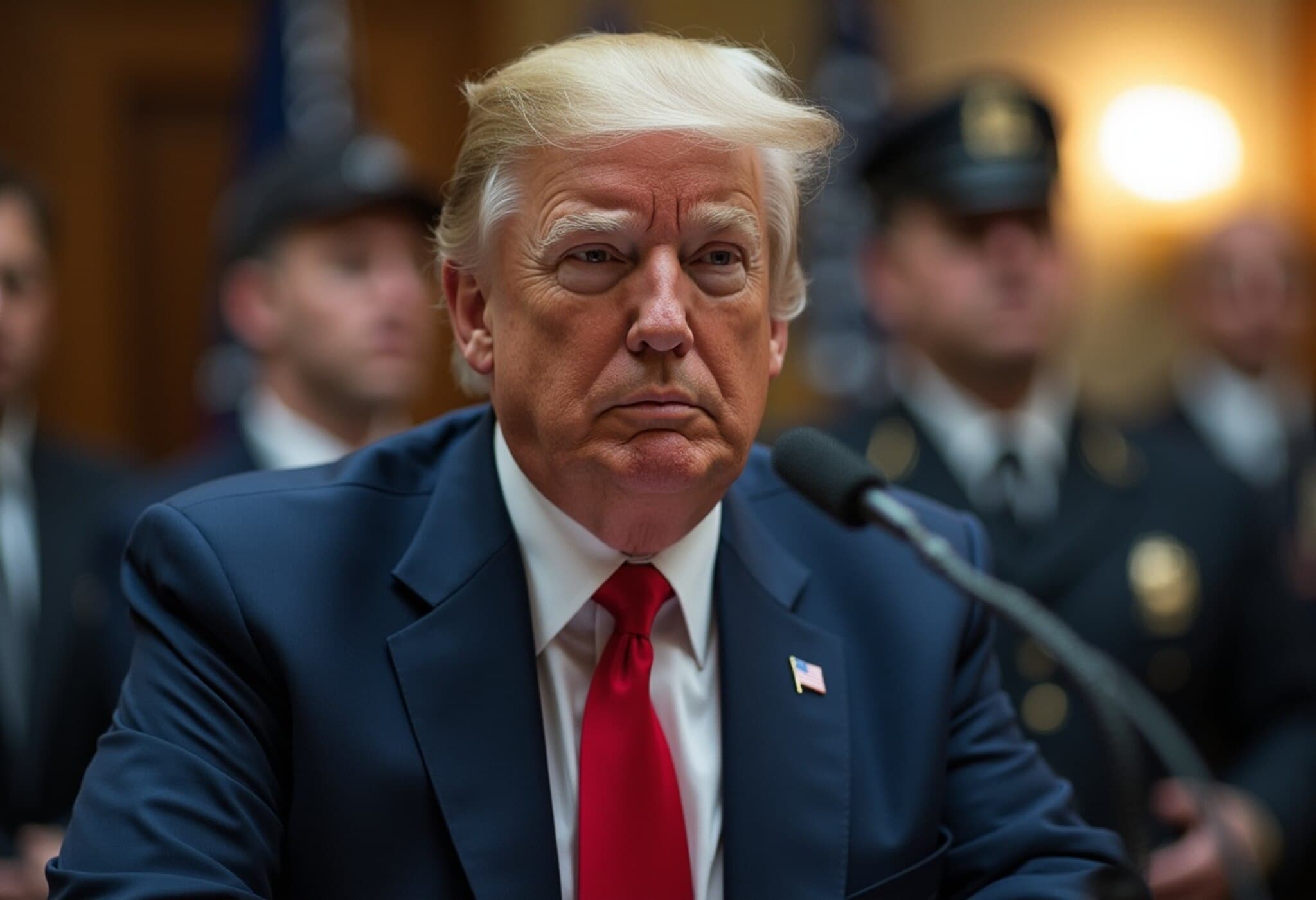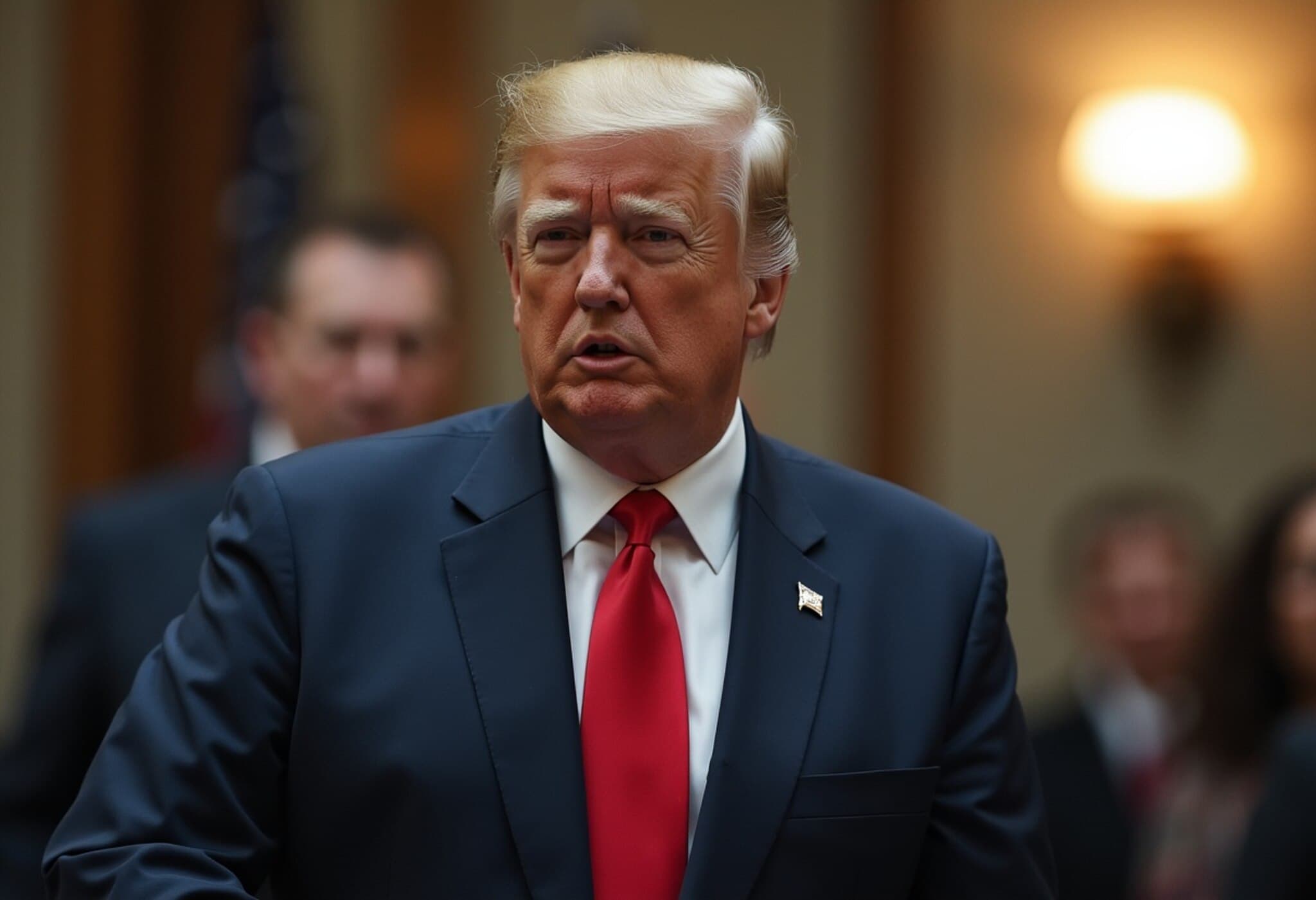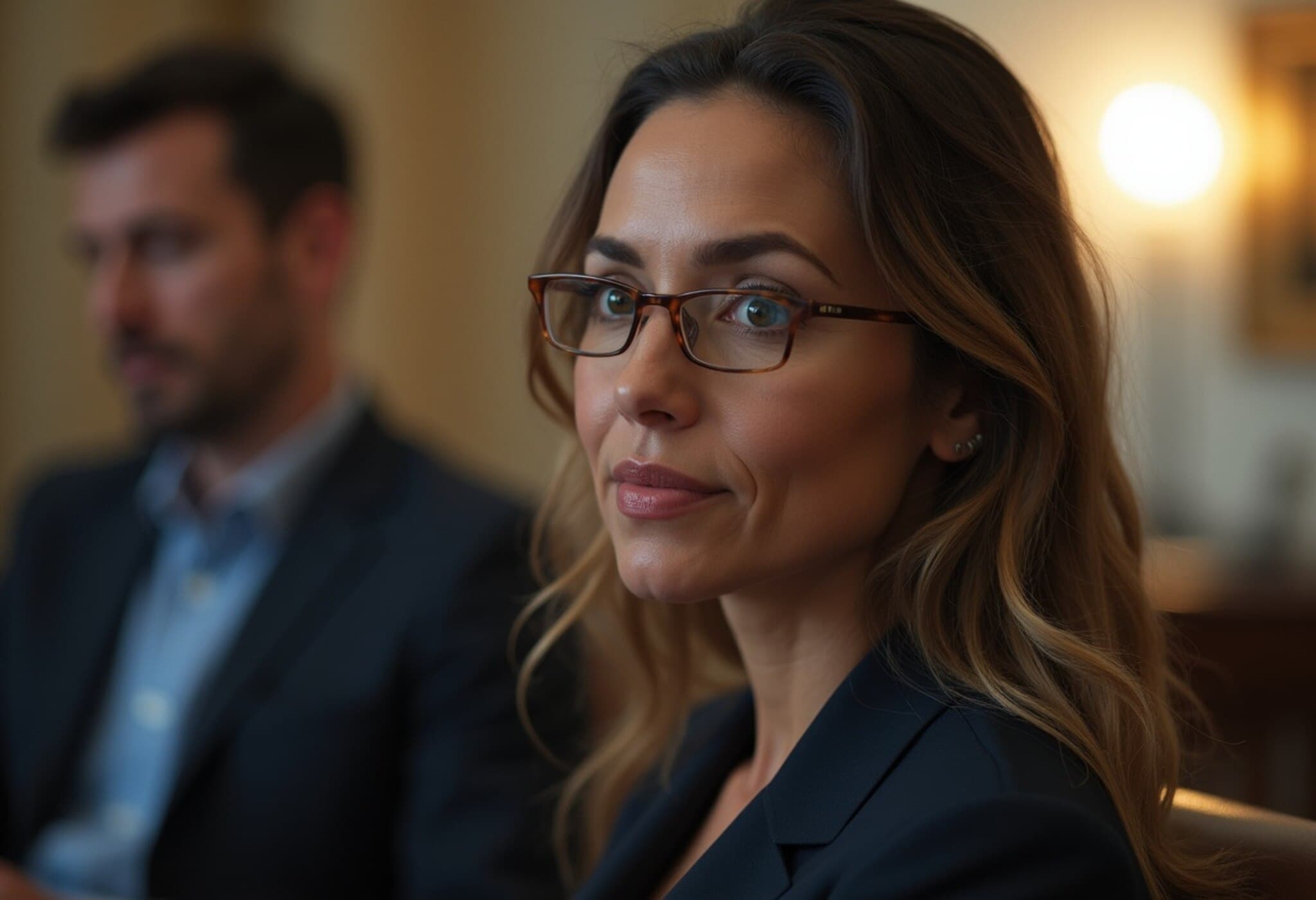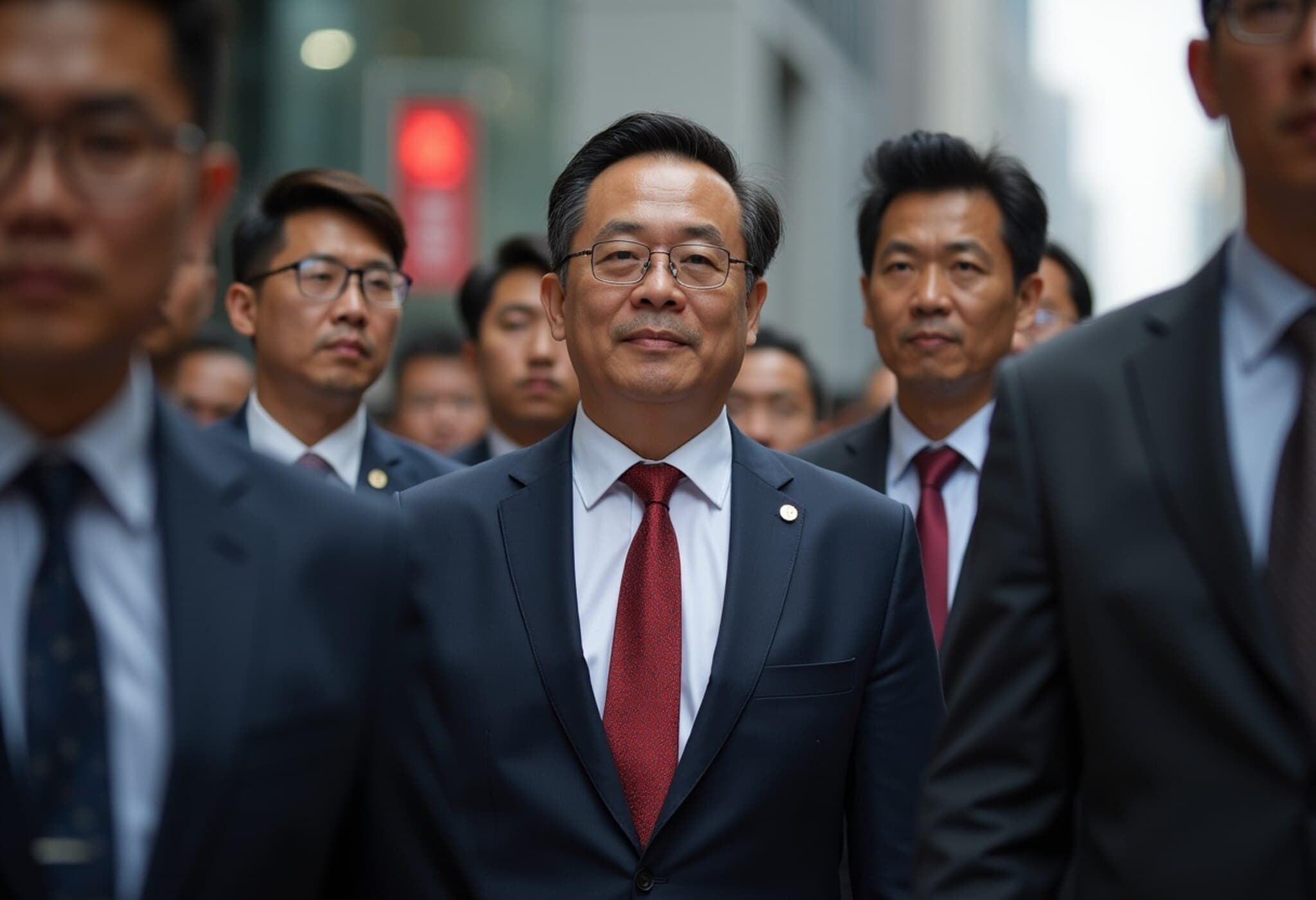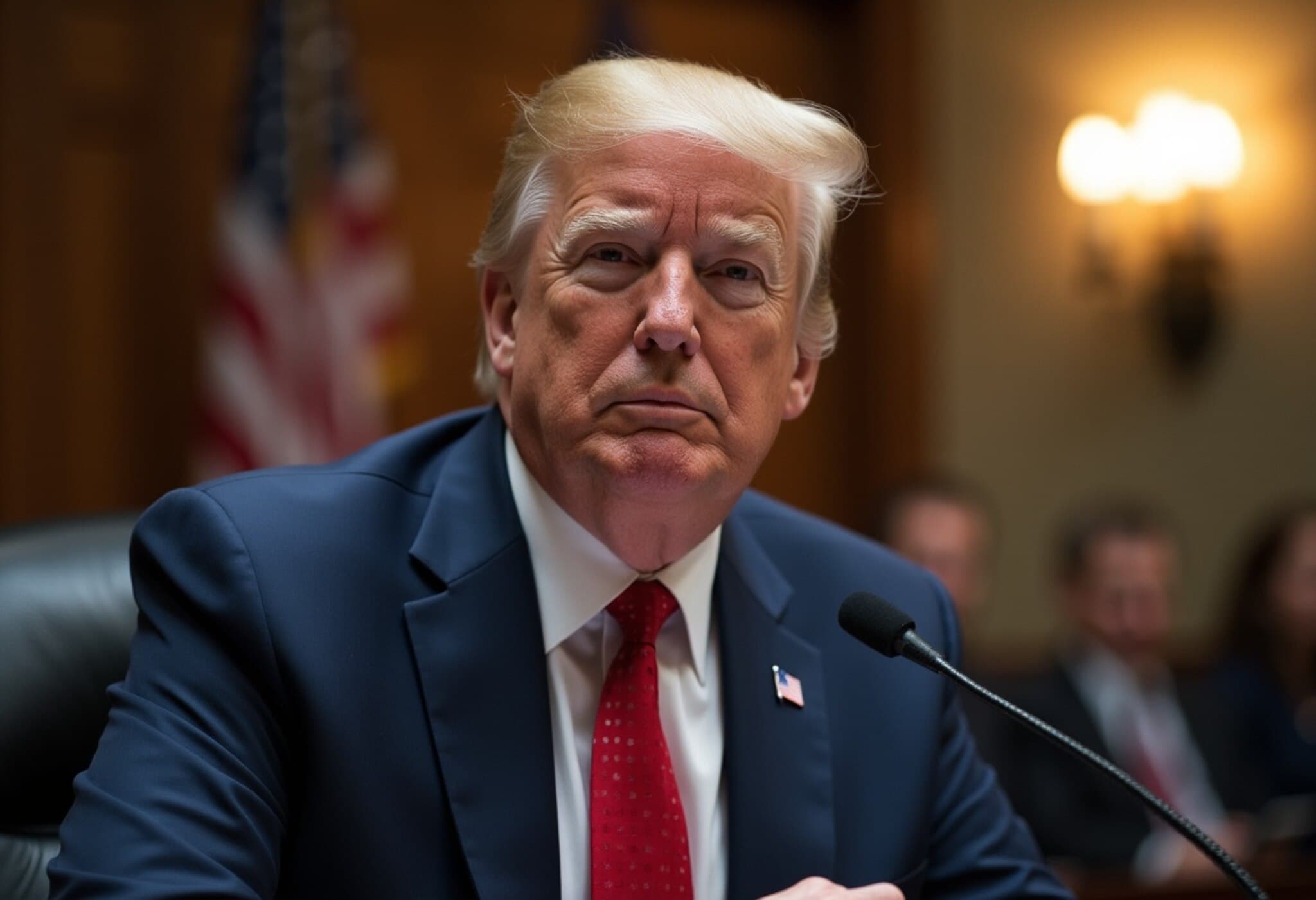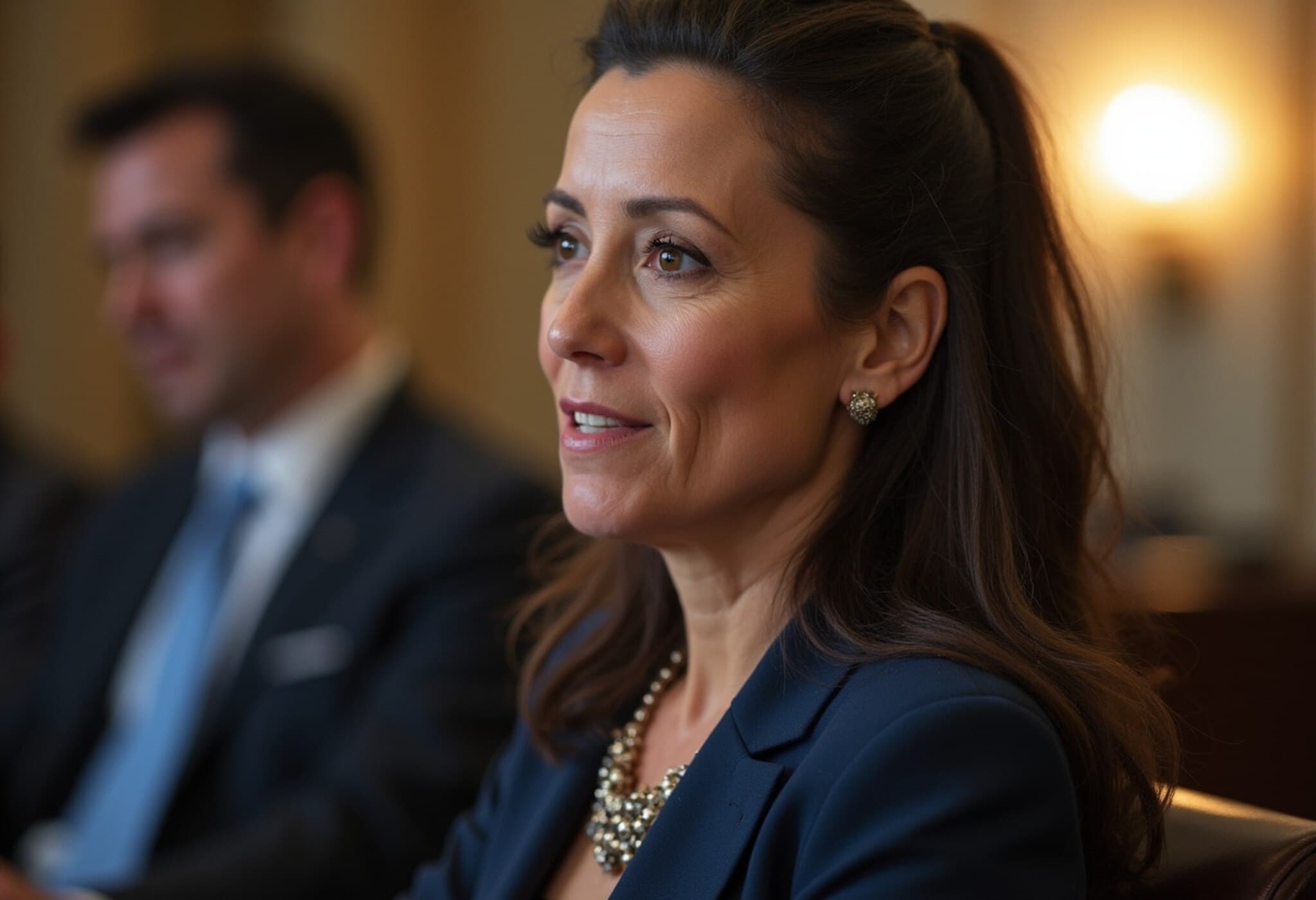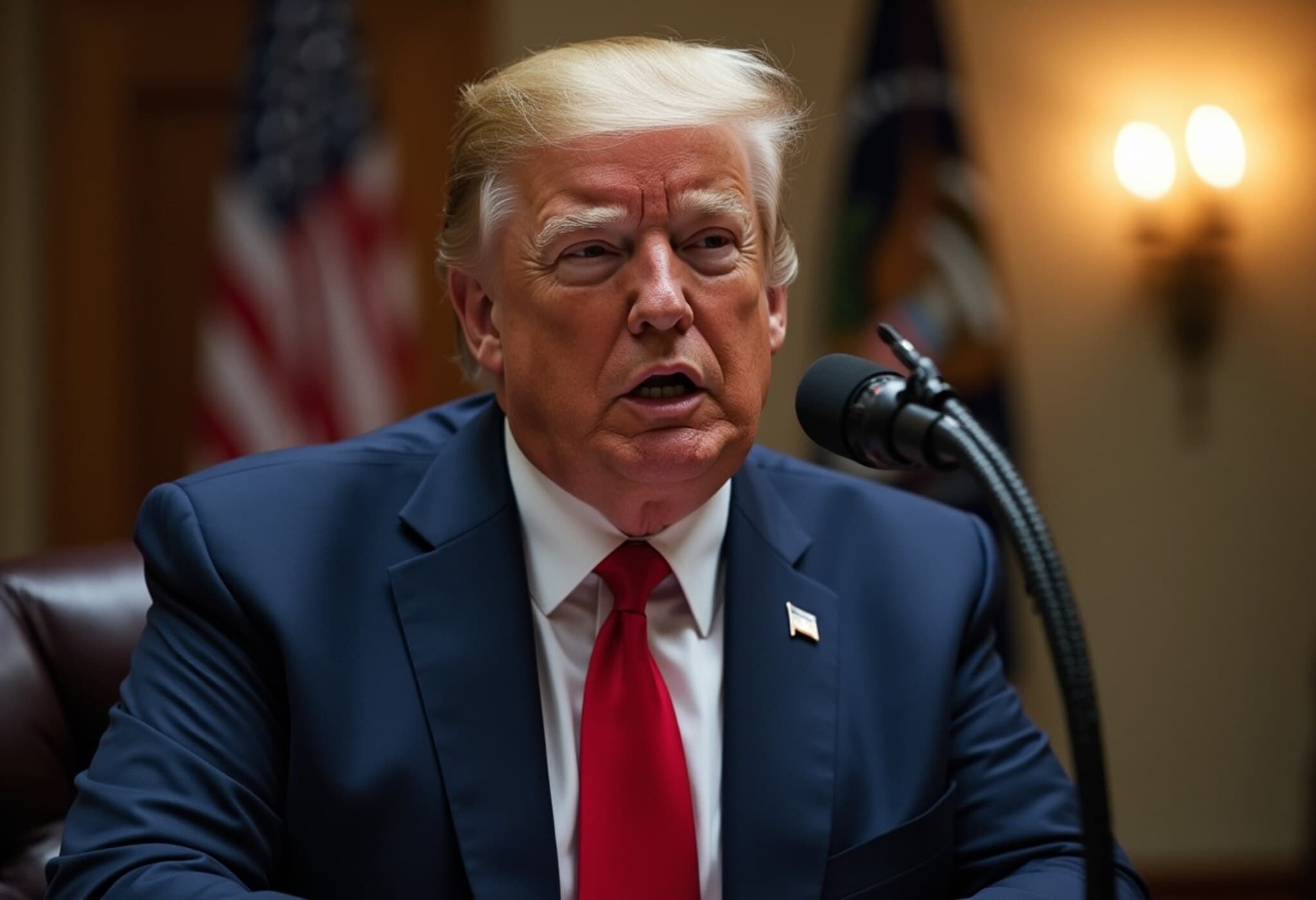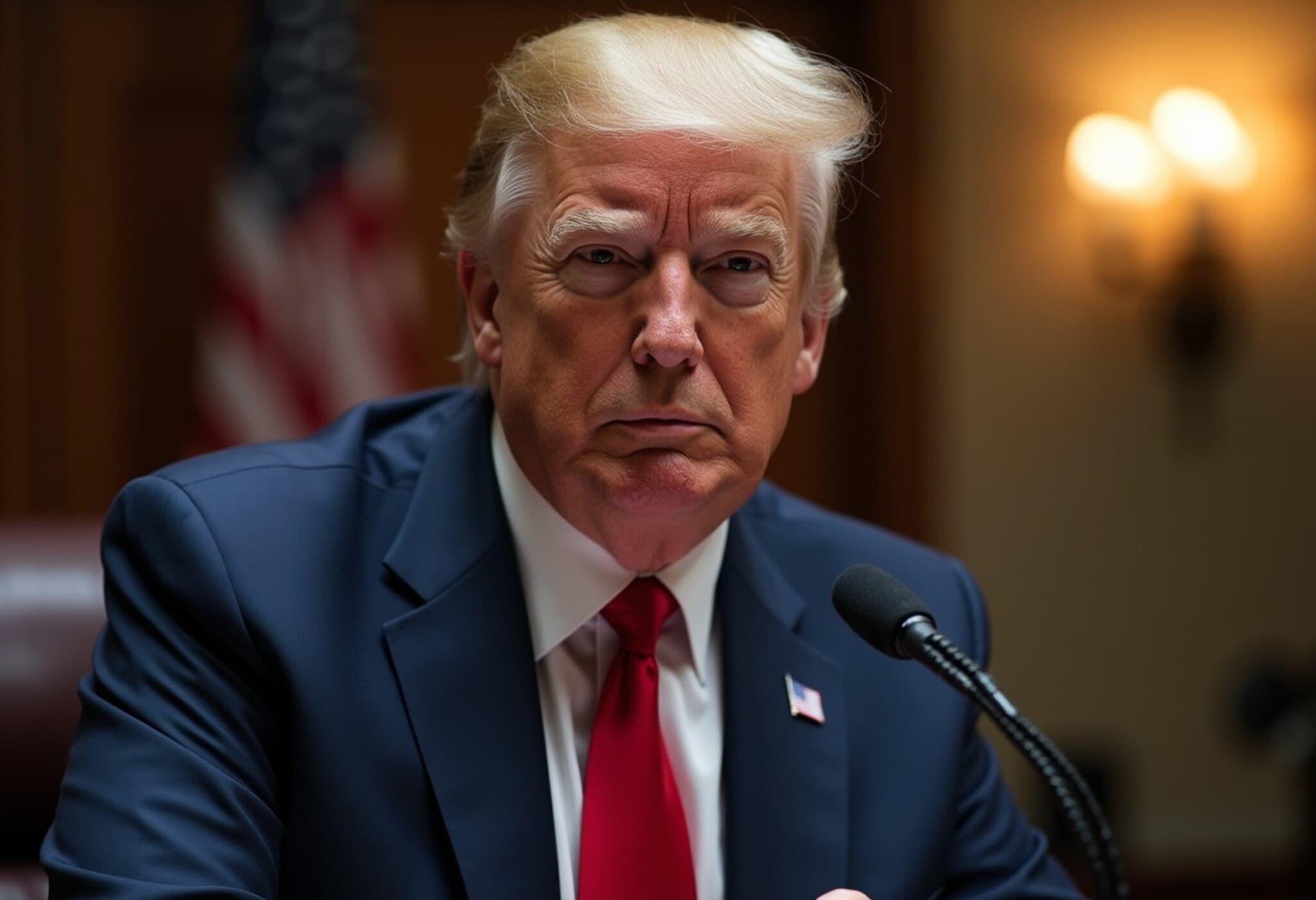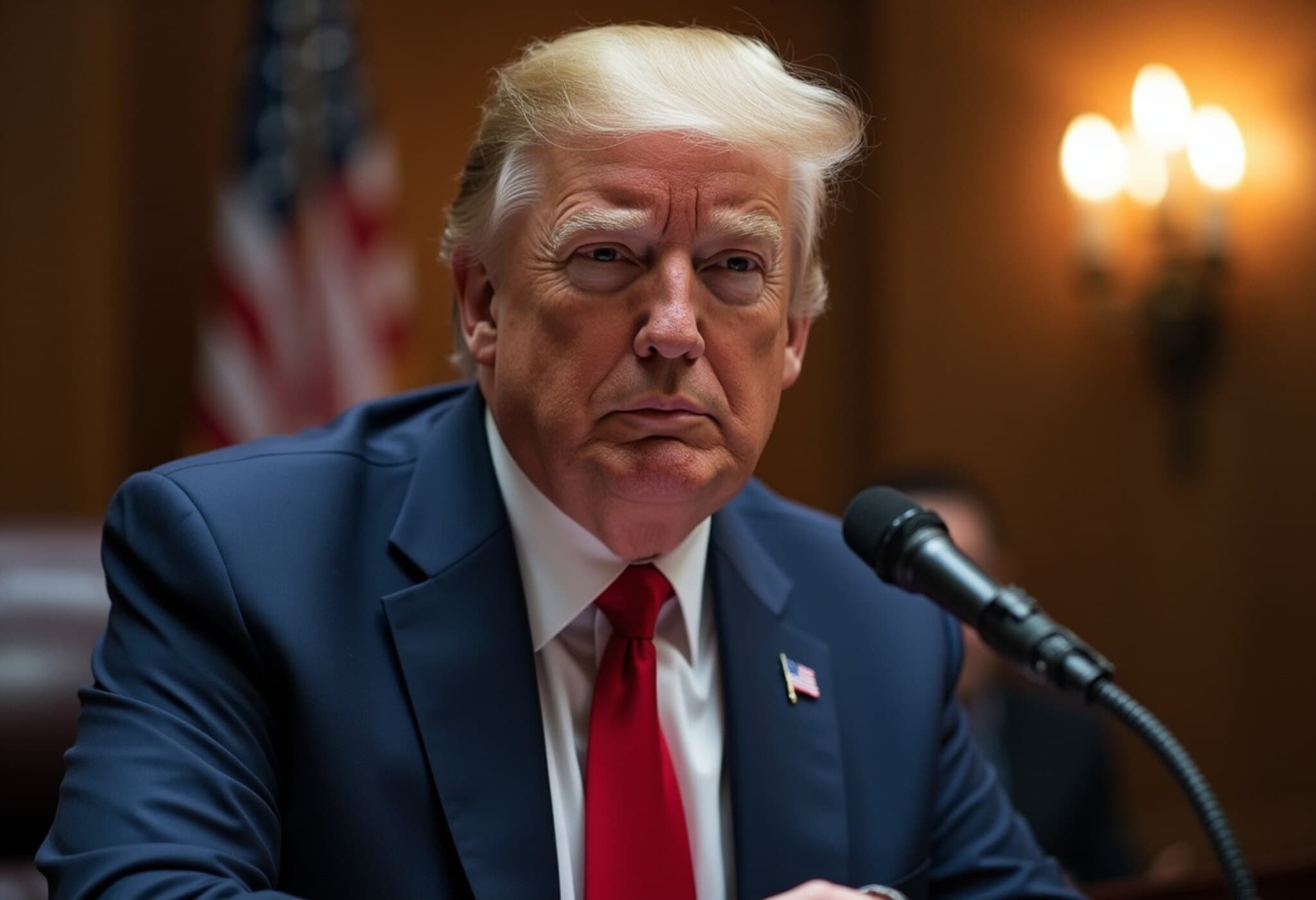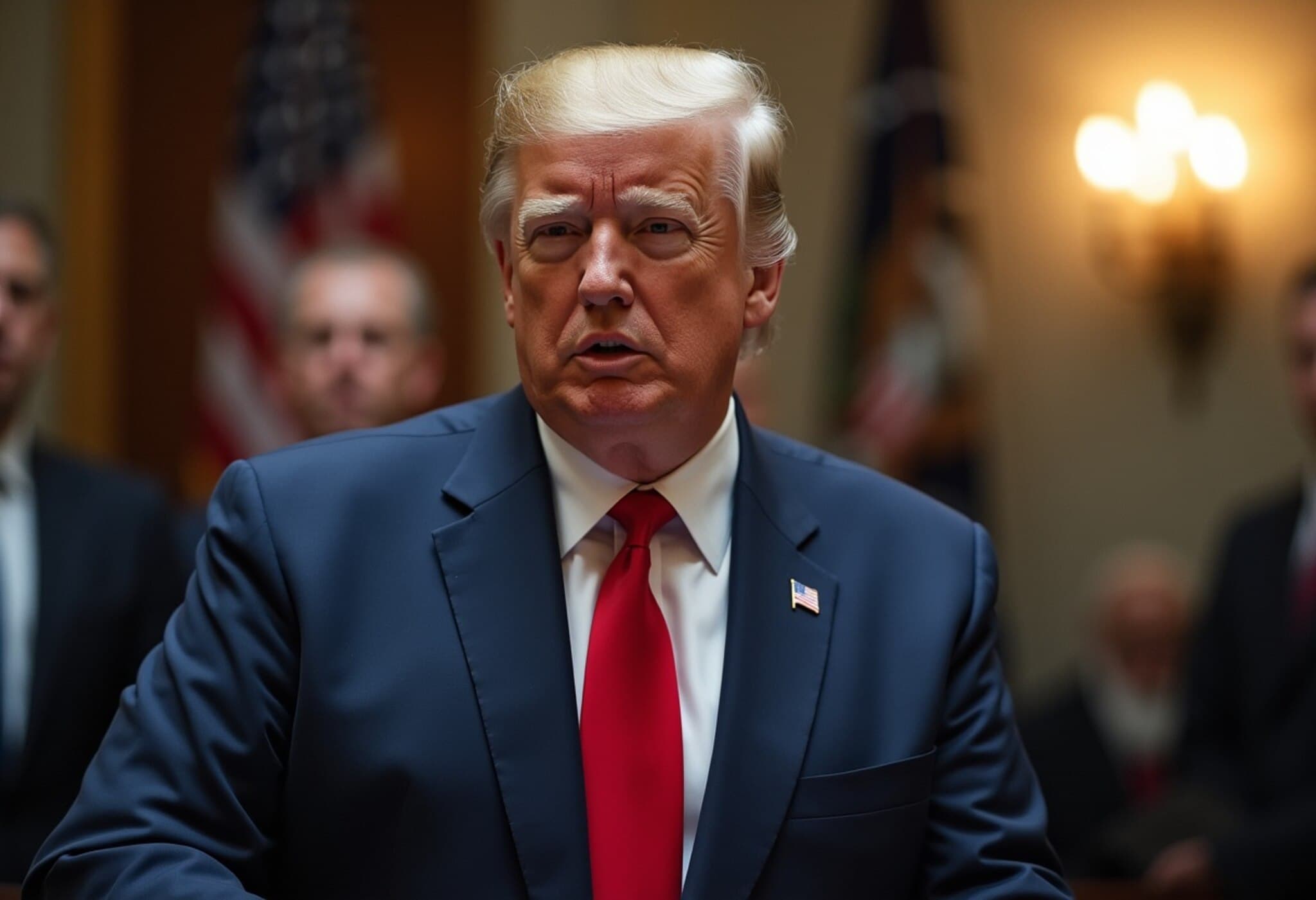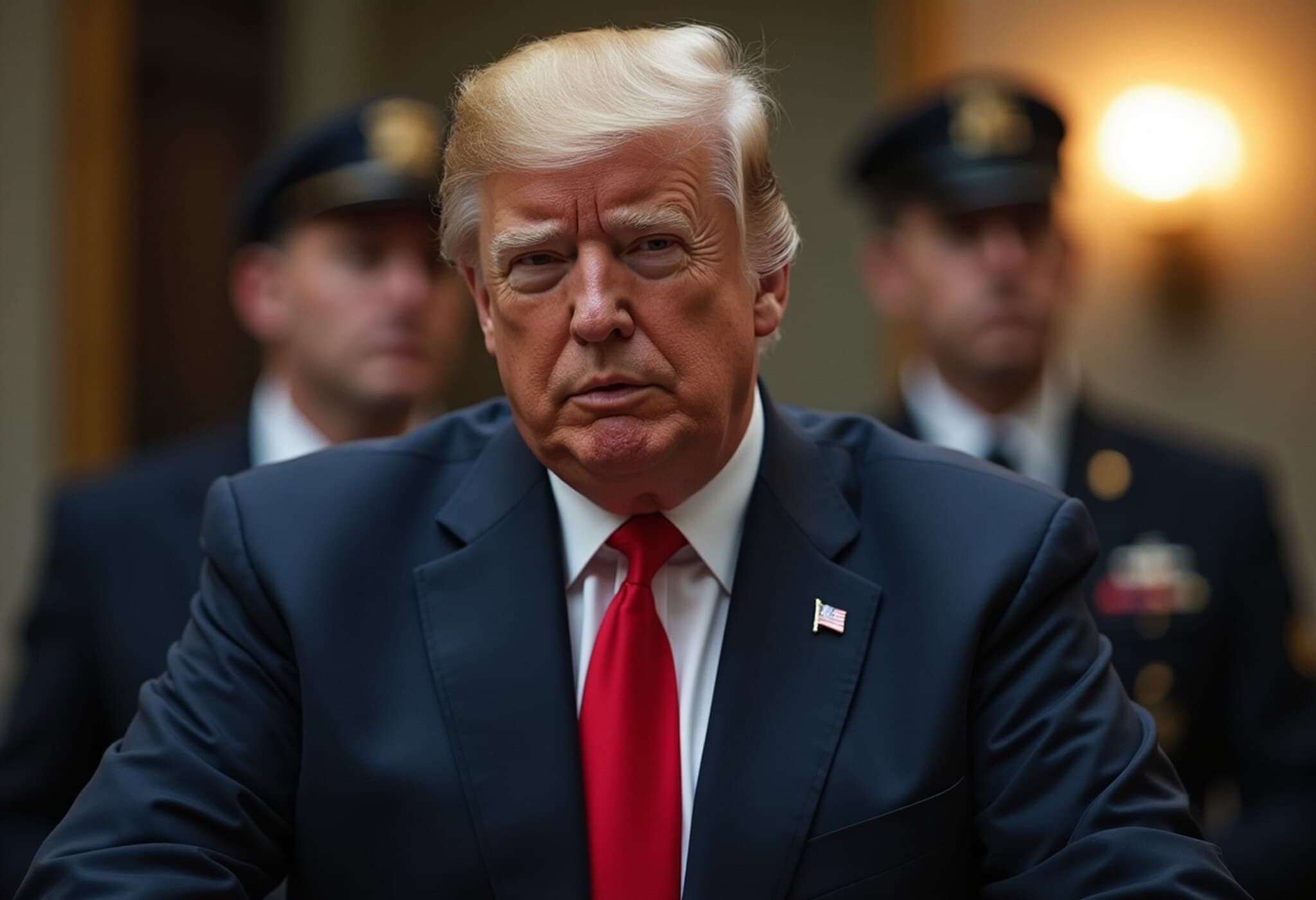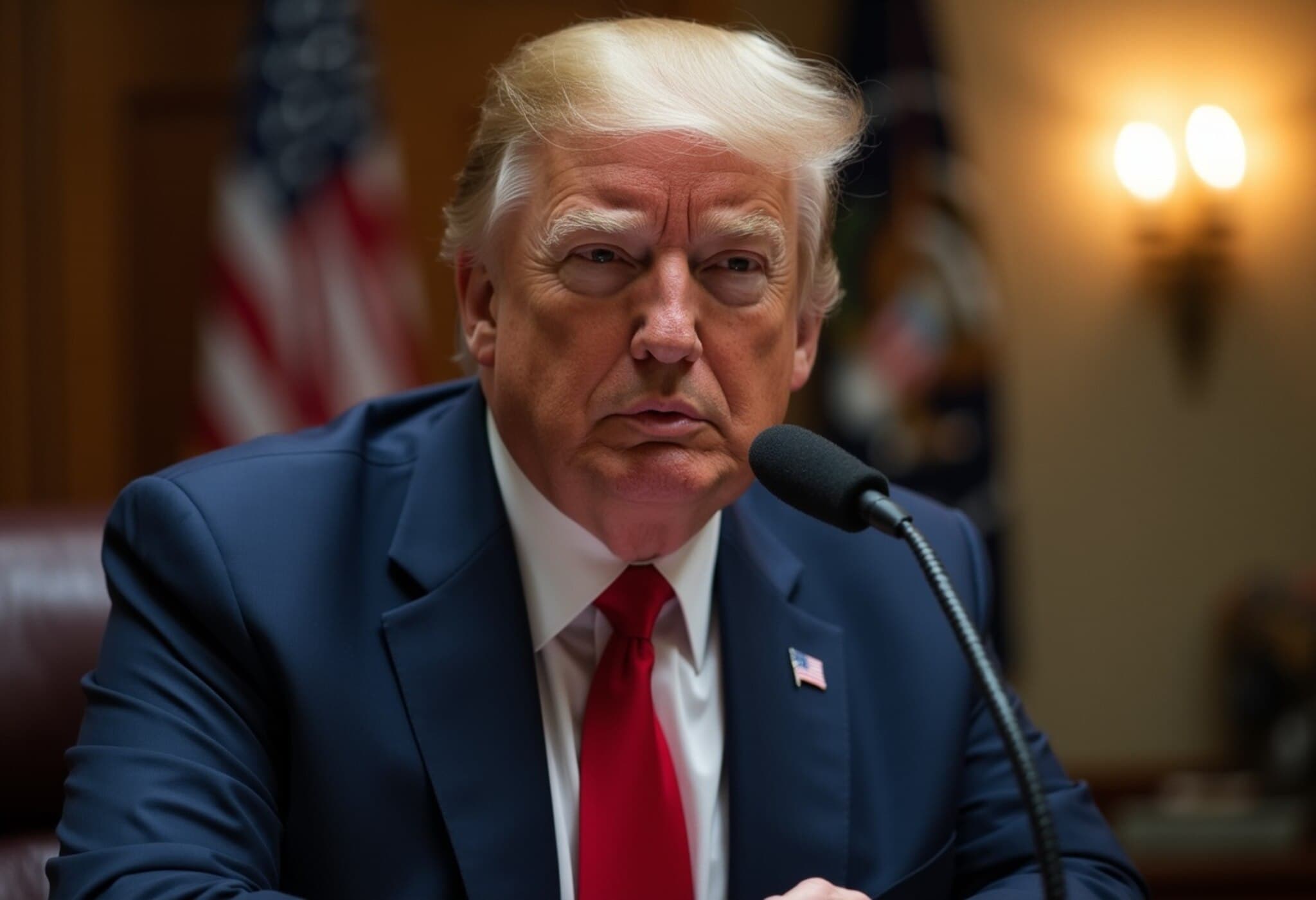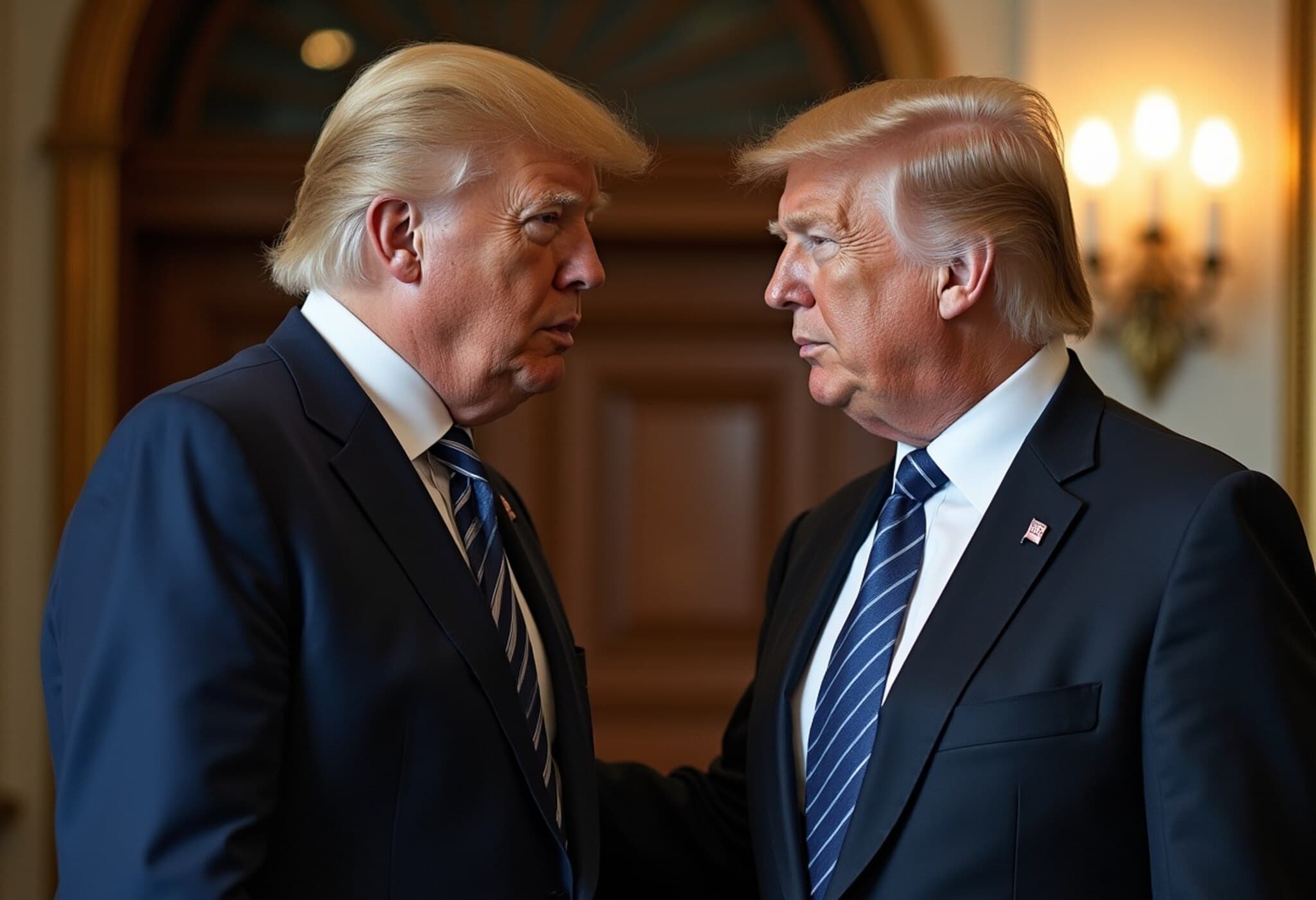FBI Redacts Trump’s Name from Epstein Case Files During Internal Review
In a recent development stirring renewed debate, the FBI has redacted former President Donald Trump’s name from thousands of pages of records relating to the Jeffrey Epstein investigation. The redactions emerged as part of an extensive internal review conducted by the FBI earlier this year, during which agents were tasked with combing through approximately 100,000 pages of documents.
Background: The FBI’s Internal Review and Redactions
According to multiple sources familiar with the matter, roughly 1,000 FBI agents were instructed to flag any mention of Trump and several other prominent public figures during a comprehensive March review. The redacted references mainly appeared in Epstein’s contact books and flight logs but did not link Trump to any criminal wrongdoing.
This sweeping review was ordered following a request by then-Attorney General Pam Bondi, reflecting ongoing public interest and scrutiny over connections between Epstein and various high-profile individuals. After the review, the team responsible for the final vetting applied redactions to protect what was deemed private information.
Justice Department’s Defense: Privacy vs. Public Interest
The U.S. Department of Justice (DOJ) has defended its decision to limit the release of these materials, emphasizing that Trump was a private citizen at the time of the Epstein investigation, thereby entitled to privacy protections. No evidence of illicit activity involving Trump was uncovered in the files, the DOJ has stated, and no ‘client list’ connecting him to criminal conduct was found.
Moreover, officials cited the need to safeguard the privacy of victims and the integrity of ongoing investigations as key reasons to withhold further records. This approach, however, has drawn criticism from both sides of the political spectrum, sparking questions about transparency and accountability in such high-profile cases.
Trump's Response and Political Ramifications
Former President Trump dismissed the investigation and the review process as a “hoax,” asserting that if there were any substantive evidence against him, it would have been made public by now. His comments underscore the continued politicization of Epstein-related disclosures, particularly as these narratives interplay with broader electoral and media dynamics.
Why This Matters: Legal and Ethical Implications
- Privacy Rights vs. Public Demand for Transparency: The case highlights the challenging balance between respecting individual privacy—especially for those not charged with a crime—and the public’s right to know about potential connections to serious criminal investigations.
- FOIA Limitations in High-Profile Cases: The FBI’s use of Freedom of Information Act (FOIA) exemptions to redact names spotlights the tension between government transparency and national security or privacy concerns.
- Impact on Victims’ Voices: Officials suggest that withholding certain documents helps protect victims from additional trauma, though advocates argue that transparency could foster greater accountability.
Expert Commentary: What Legal Analysts Are Saying
Legal experts note that while privacy protections are fundamental, the scale of redactions in such a high-stakes investigation is unusual and raises concerns about potential government overreach. According to Professor Lisa Ramirez, a constitutional law scholar, "Overclassifying or over-redacting documents risks eroding public trust in legal institutions, particularly when the subjects are powerful individuals.”
Furthermore, forensic analysts continue to examine Epstein’s death and related materials, which may affect future disclosures or investigations, adding layers of complexity to already sensitive proceedings.
Looking Ahead: The Ongoing Debate Over Epstein Files
The Epstein case remains a flashpoint for discussions around elite accountability, media coverage biases, and the mechanisms by which powerful individuals may evade scrutiny. As calls for more transparent legal processes grow louder, the DOJ and FBI face increasing pressure to balance competing interests carefully.
Editor’s Note
The FBI’s decision to redact Donald Trump’s name from Epstein files underscores a broader dilemma confronting justice officials: how to weigh privacy rights against the public’s demand for transparency in high-profile investigations. While protecting personal privacy, especially of uncharged individuals and victims, is paramount, the opaque handling of these documents may fuel mistrust and speculation. Readers should consider how legal frameworks and political dynamics intersect in this case, reflecting wider challenges in achieving both justice and openness.

